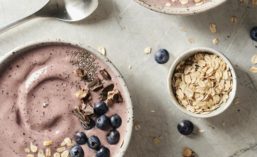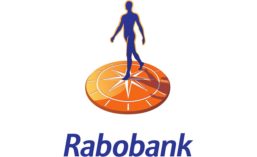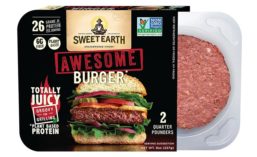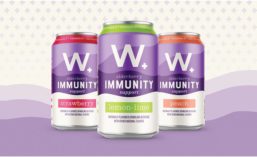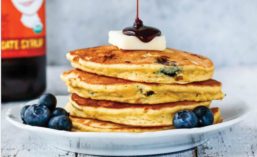2021 Food and Beverage Trends
2021 Predictions: CONSUMER INSIGHTS
Look for consumers to settle into the new normal as it helps them remain distanced while saving trips to the store
Read More
2021 Predictions: DIGESTIVE HEALTH & IMMUNITY
Digestive Health, Immunity Continue to Share an Expanding Spotlight
American interest in digestive health extends to ingredients that can prevent disease
December 9, 2020
Rabobank Announces 2020 Food and Agribusiness Industry Leadership Award Recipients
PepsiCo, General Mills and Imperfect Foods honored during Food & Agribusiness Summit
December 4, 2020
Nestlé US Announces New Projects, Brand Commitments on its Journey to Net Zero
Nestlé will accelerate current initiatives, evolve its operations, and uncover ways to balance remaining emissions through high-quality carbon removal projects
December 4, 2020
2021 Predictions: BEVERAGES
Consumers Turn to Beverages to Boost Mind & Body
The spotlight will be on products that promote health and wellness, escapism and value
December 4, 2020
2021 PREDICTIONS
2021 Insights for the Food & Beverage Industry
Futurist Nancy Giordano takes a look at the “next” normal for food and beverage processors
December 4, 2020
Millennials, Gen Z are Prime Consumers of Plant-Based Meat, Poultry, and Seafood
Food and beverage companies continue to invest in plant-based food product development
December 2, 2020
2021 Predictions: SWEETENERS
Sweeter Times Coming
The search for sweetness is only natural.
November 30, 2020
Unlock the Future of Food and Beverage Innovation
Are you a leader in research & development? Stay ahead of the curve with Prepared Foods, the premier source of information and insights for today's trend leaders and taste-makers in food and beverage manufacturing.
JOIN TODAYCopyright ©2025. All Rights Reserved BNP Media.
Design, CMS, Hosting & Web Development :: ePublishing

